Graduation brings a lot of scary firsts: first job, first apartment, and for a lot of us, first chance to cook something other than Easy Mac. Luckily for us, UMD has graduating students’ backs with life prep events like last Tuesday’s “From Grocery to Gourmet: Cooking for the Culinarily Challenged.” The Senior Council brought in a professional chef, Dining Services staff, Noodles & Company representatives, and others to share essential cooking tips and, of course, pass out free food. In case you missed the fun, you can check out seven nuggets of wisdom from the evening below.
1) Chill onions so they don’t make you cry
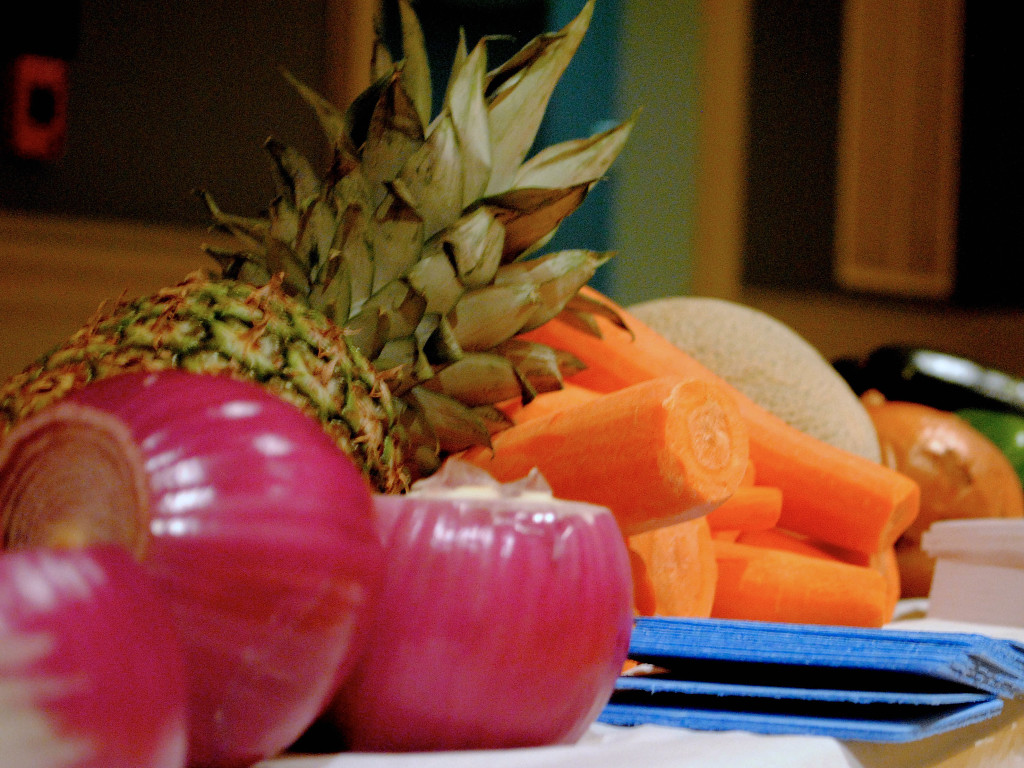
Photo by Kristine Auble
You’ve probably heard a bunch of onion-tear folk cures, such as lighting a candle, wearing swimming goggles or holding your tongue to the roof of your mouth while breathing through your mouth (which totally makes you sound like Darth Vader). Most of these cures either don’t work or make you look absurd. On Tuesday, Chef Mike revealed a no-tear, weirdness-free onion hack: just chill the onion in your fridge or freezer for a while before dicing it. Life Hacker confirms that this really works.
2) Curl your fingers when chopping vegetables
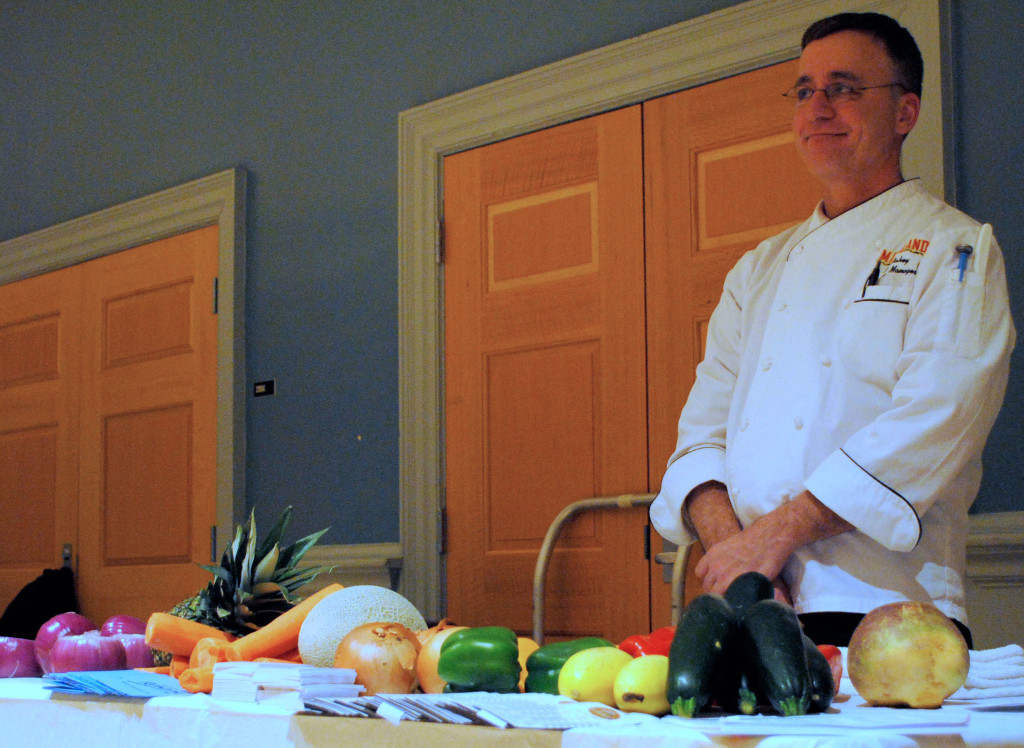
Photo by Kristine Auble
Interested in keeping all ten of your fingertips? Rob Fahey, general manager at UMD’s 251 North, says you should curl your fingers under, like a bear claw, when you’re holding your vegetables. That protects them from wayward knives. If you’re cutting a round vegetable, start by chopping a wedge off any side so it has a flat surface to rest on.
3) Don’t shop when you’re hungry
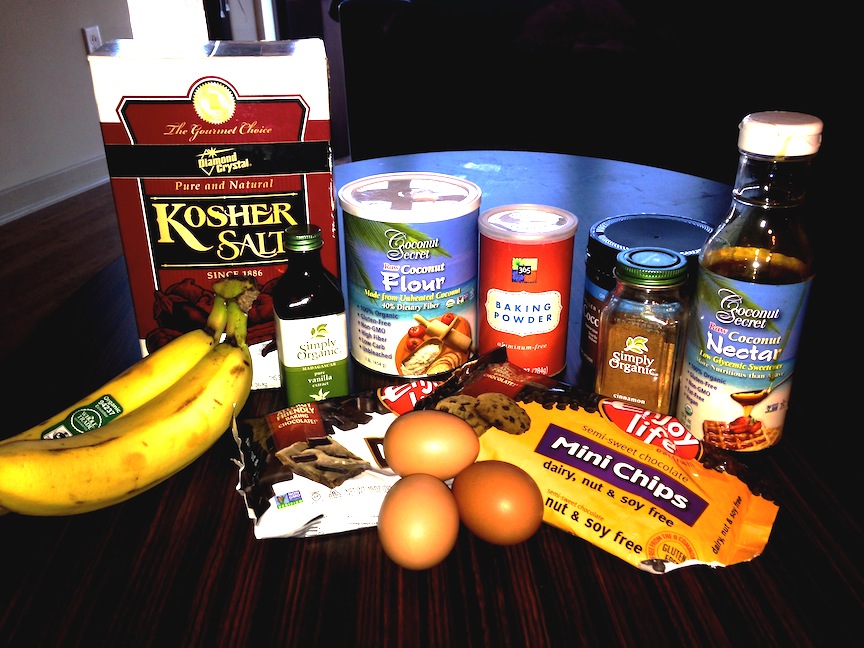
Photo by Erin Tate
That is the quickest way to find yourself with half the store in your shopping cart. Professional chef Mike Melnick says the real key to great food is making a grocery list. Center your weekly shopping list around the ingredients from a few of your favorite recipes. Otherwise you’ll end up with a bunch of mismatched food that no recipe on earth can reconcile. Cheez It, pomegranate and kidney bean casserole, anyone?
4) Store fresh salad in a salad spinner
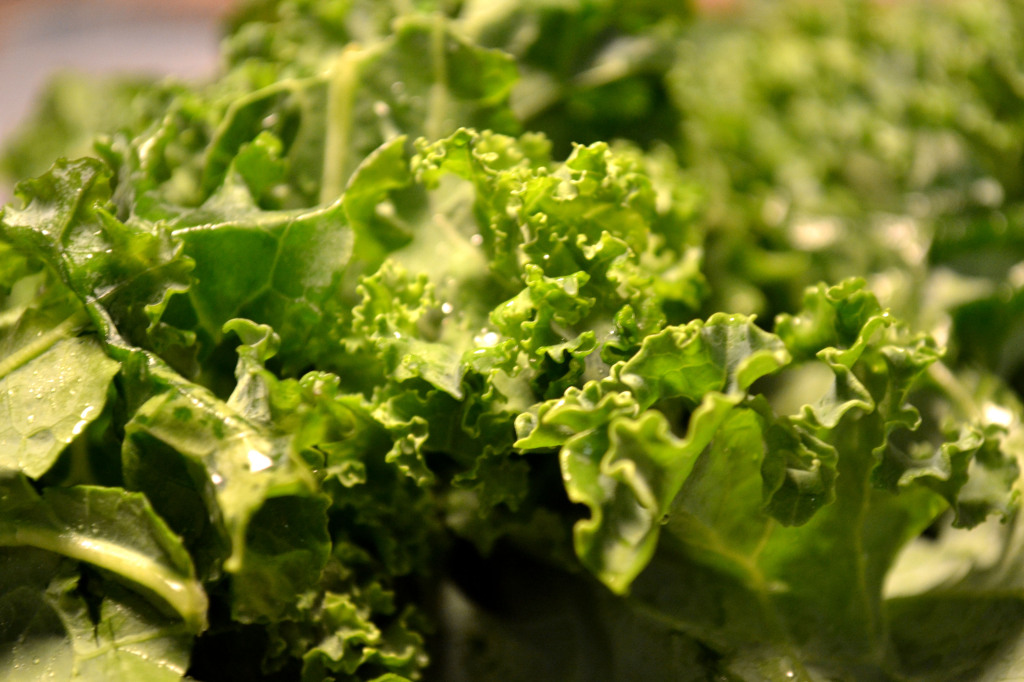
Photo by Jennifer Cao
Chef Mike recommends salad as the ultimate large-batch health food. If you make lots of it, you’ll have a week’s worth of cheap meals to get you through a busy class schedule or a low-paying summer internship. Storing your concoction in a salad spinner is the best way to mix it well and keep it fresh. You can find salad spinners for $10-$30 from most home goods stores, like Target or Bed, Bath & Beyond.
5) Moldy cheese is (sometimes) safe
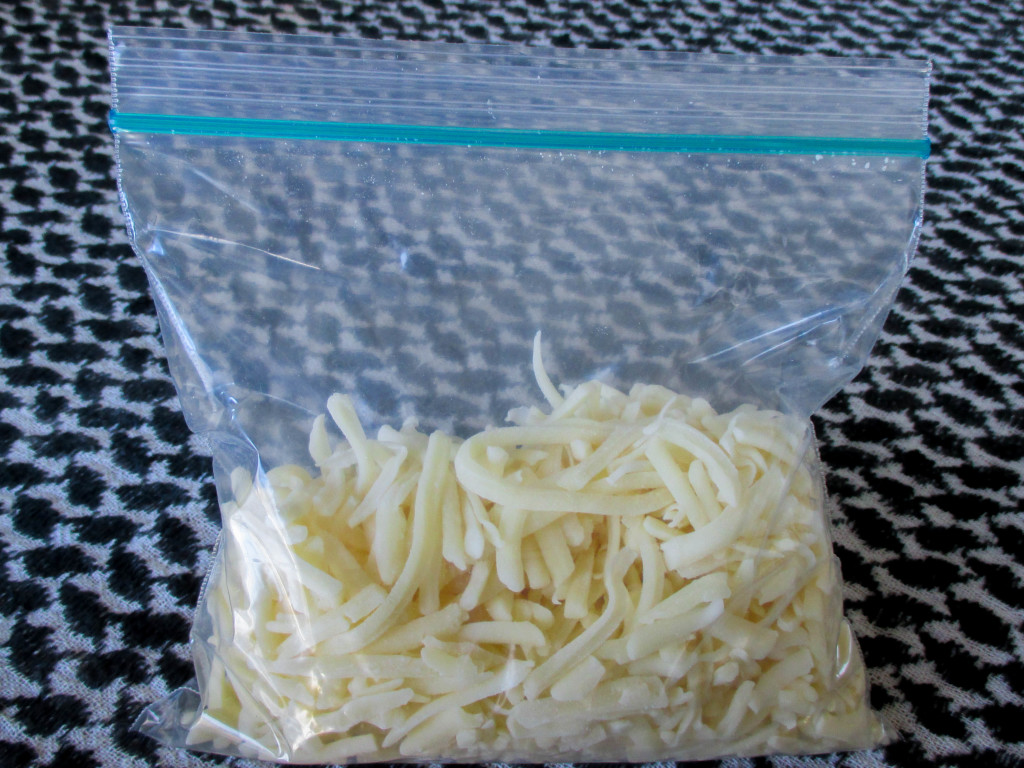
Photo by Rachel Davis
When one thrifty audience member asked if moldy cheese is still safe to eat, Chef Mike wrinkled his nose and said, “It depends.” According to the Mayo Clinic, you can cut mold off hard or semisoft cheeses like Swiss or cheddar. But if your cream cheese is growing fungus, you’d better toss it. The mold will have spread through the rest of the brick and there’s a chance it’s harboring dangerous bacteria as well.
6) Sharpen dull knives with a metal spoon
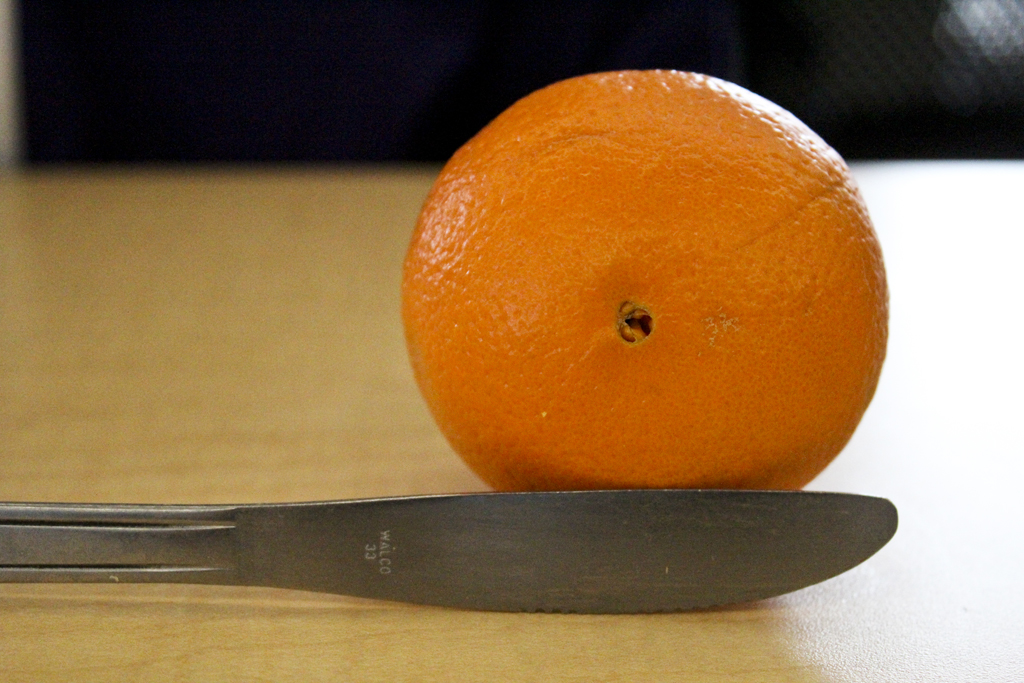
Photo by Hannah Lin
Scraping a kitchen knife on any piece of steel—for example, a metal spoon handle—will sharpen the blade, according to Fahey. “It’s better to just buy a knife sharpener,” he said, but if your other option is cutting your food with a dull knife, you’ll definitely want to go with the steel technique. No one wants to miss class because they were actually in the emergency room.
7) Put a lid on stove fires
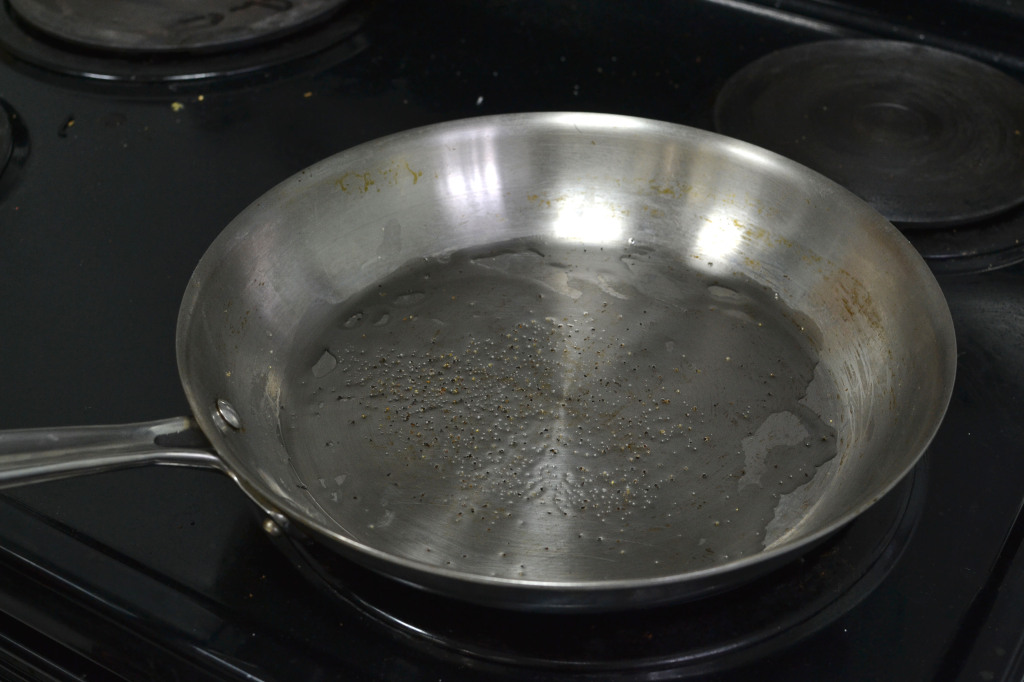
Photo by Jennifer Cao
So let’s say the worst happens: You turn your back on your pan of bacon, and the next thing you know it’s gone from crispy to flambé. How do you put out the flames? According to Lts. Ferreira and Sudik from the Fire Marshal’s office, you should slide a lid on it as quickly as possible. This will cut off the air and extinguish the blaze. Cooking with oil is the most common cause of on-campus fires, so make sure you’re always watching the stove while you make your food.
If you didn’t make it to the event, I’m sorry to say you missed free pasta samples from Noodles & Company. But at the least, these tips should get you well on your way to a cheap, safe and tasty rookie cooking experience. Let’s eat, Maryland!

